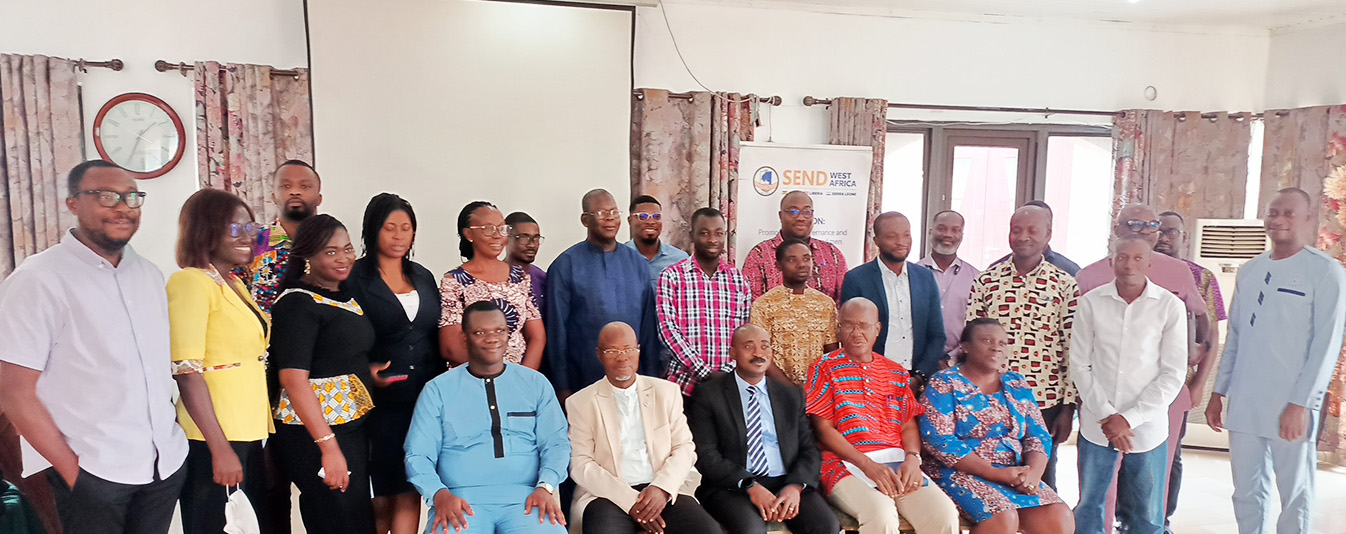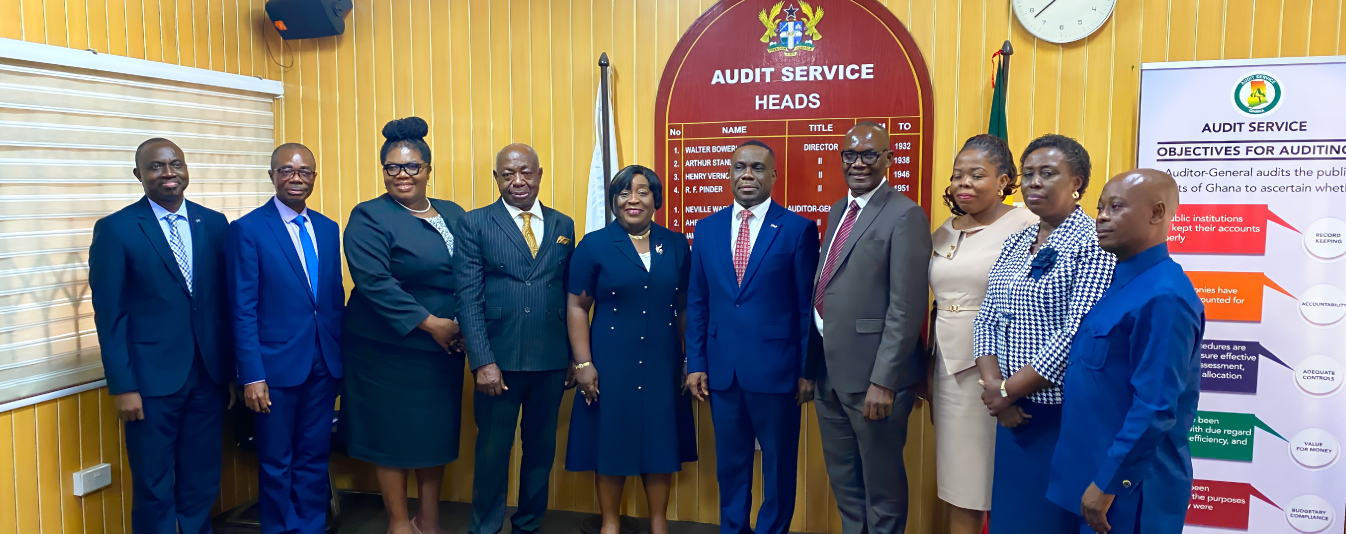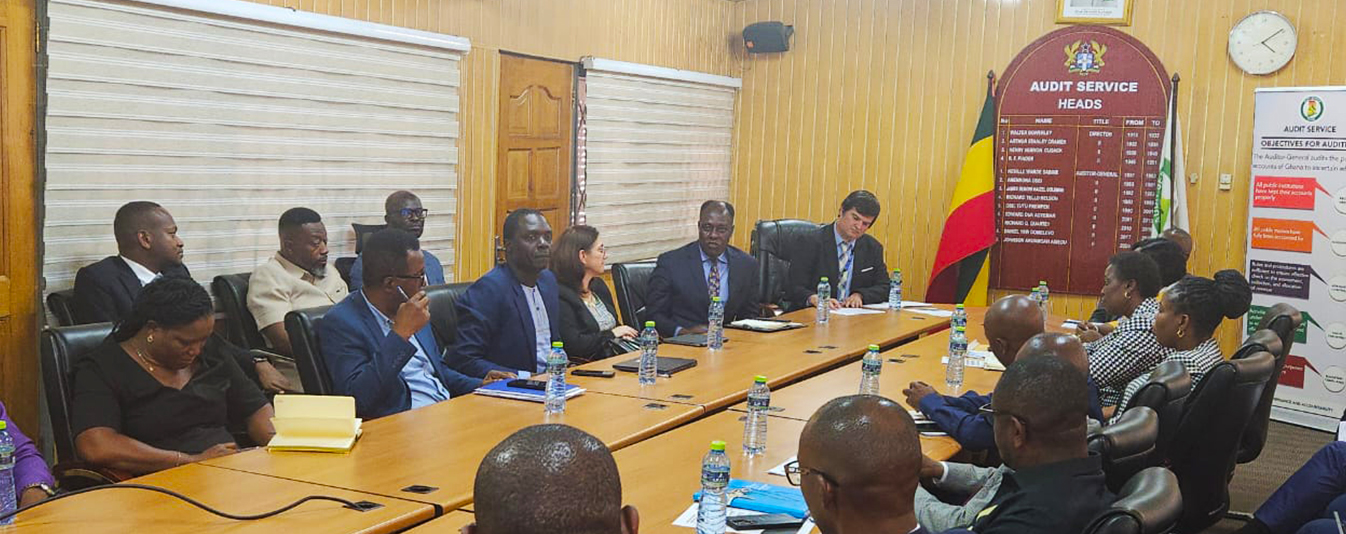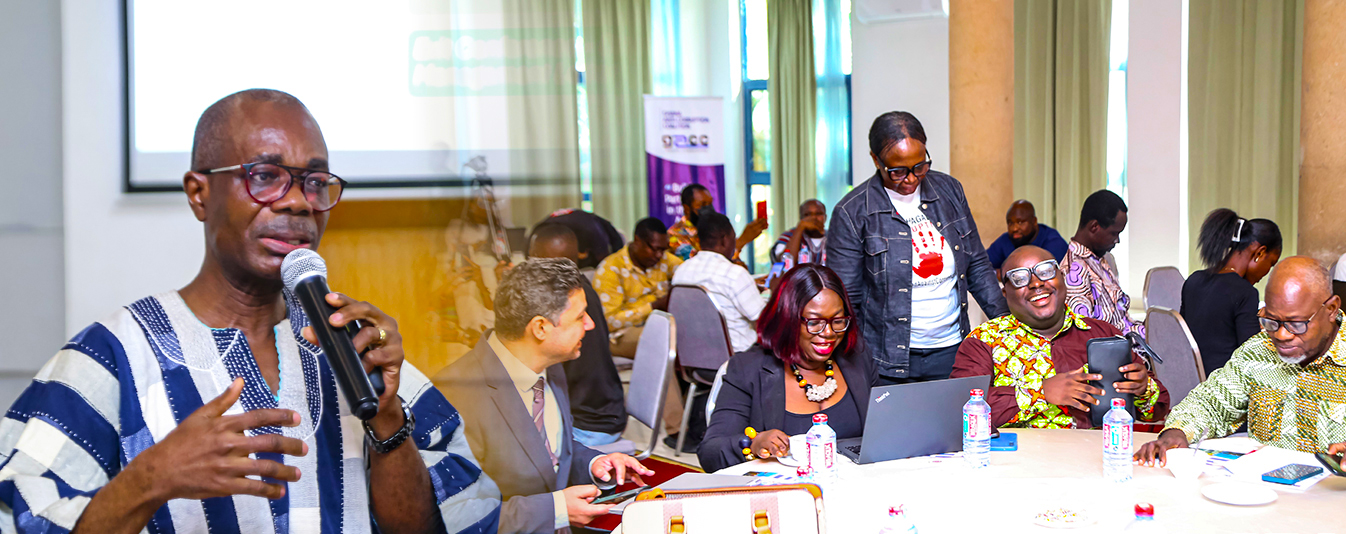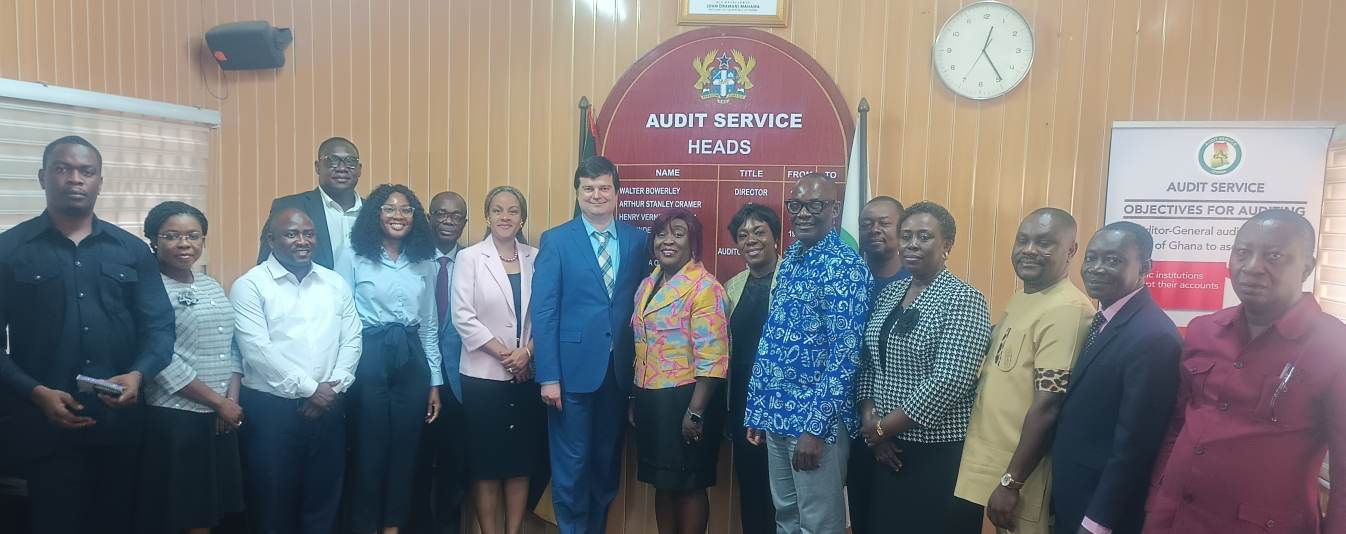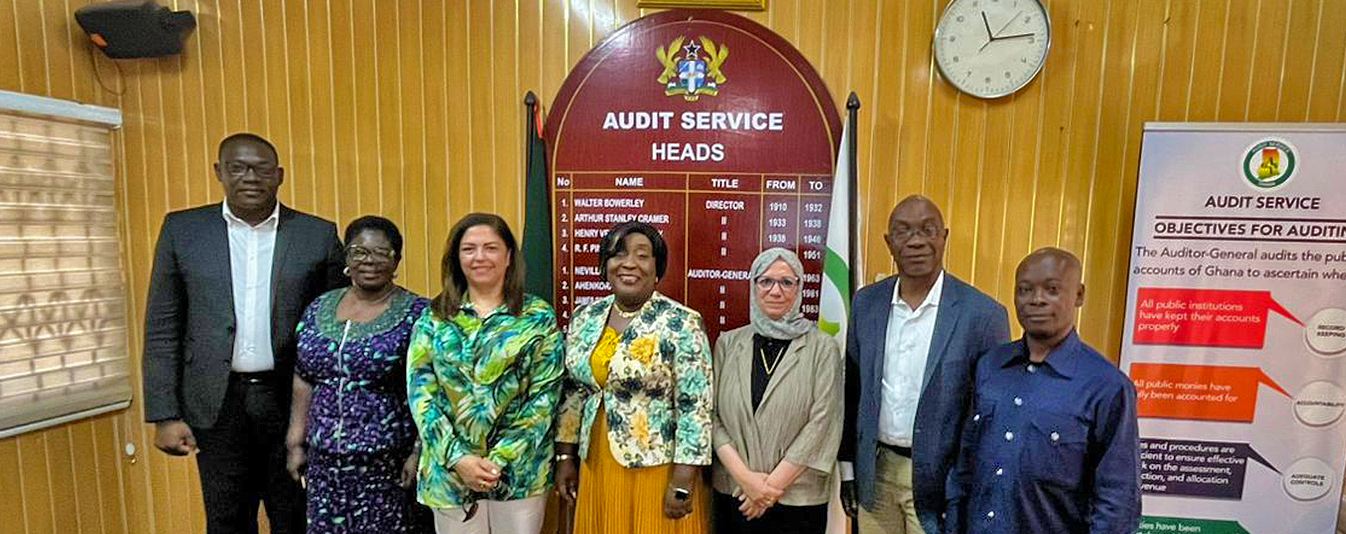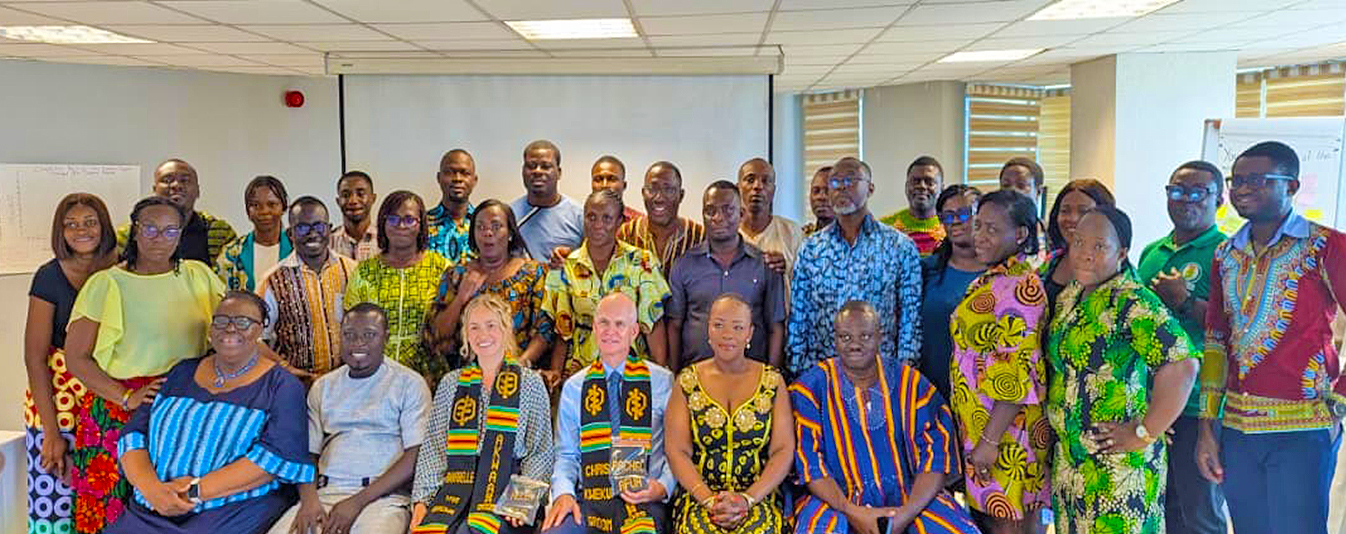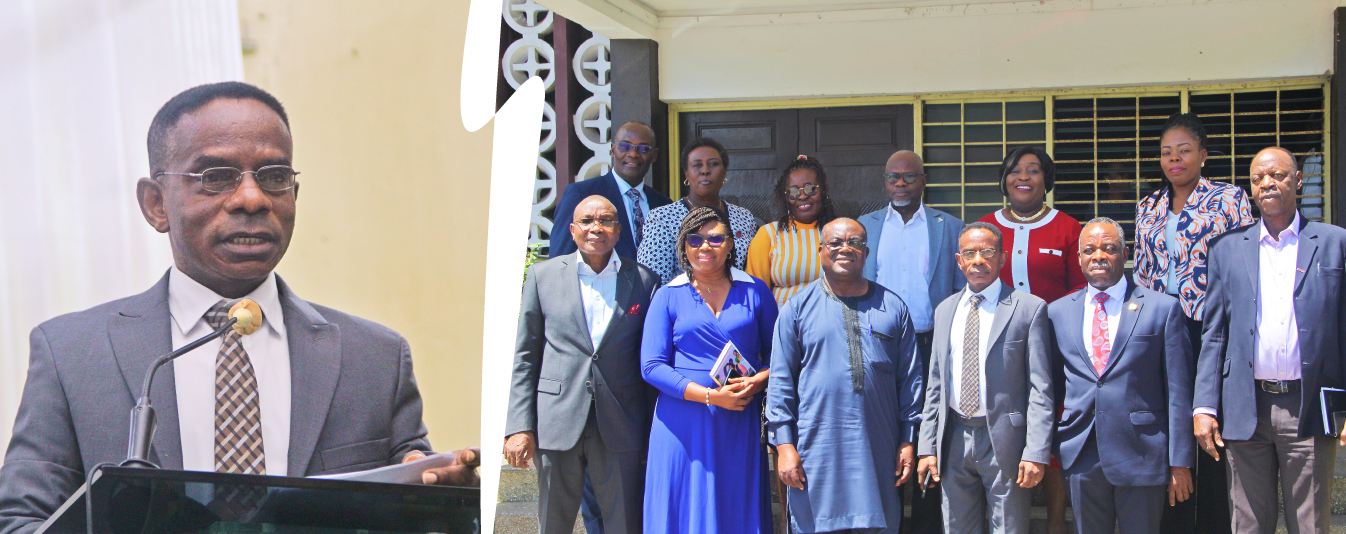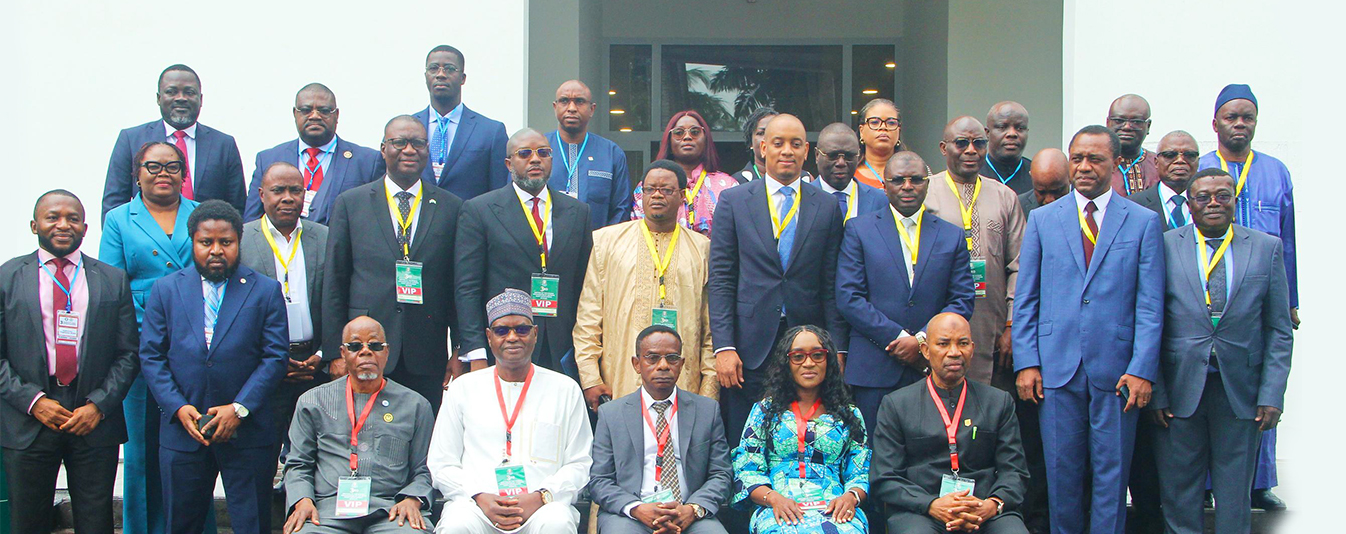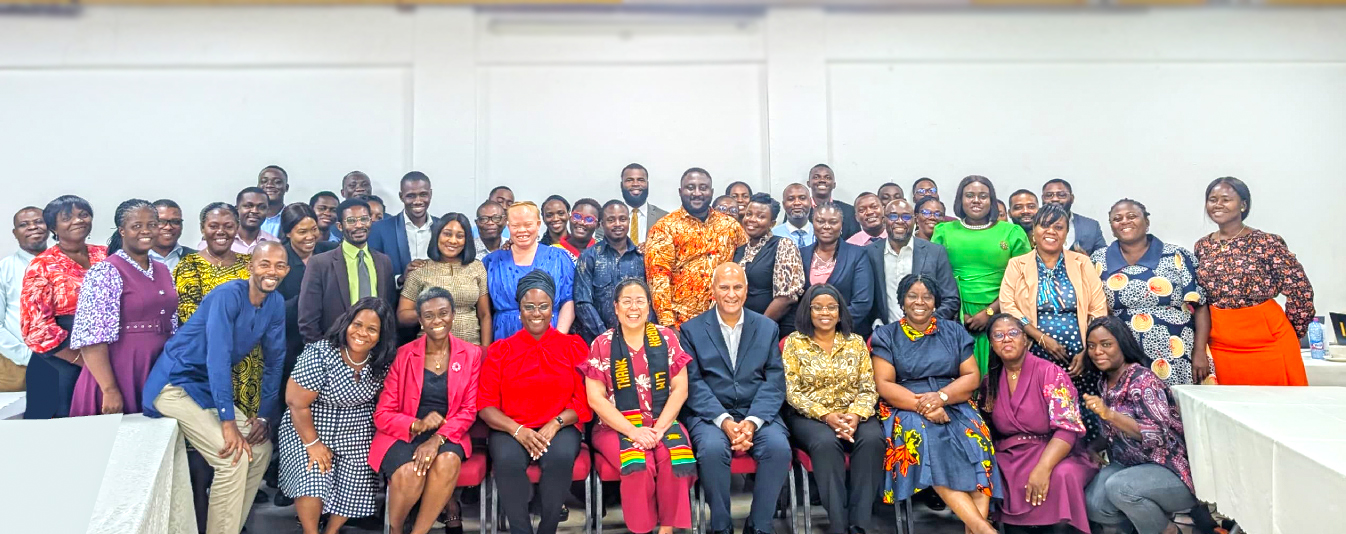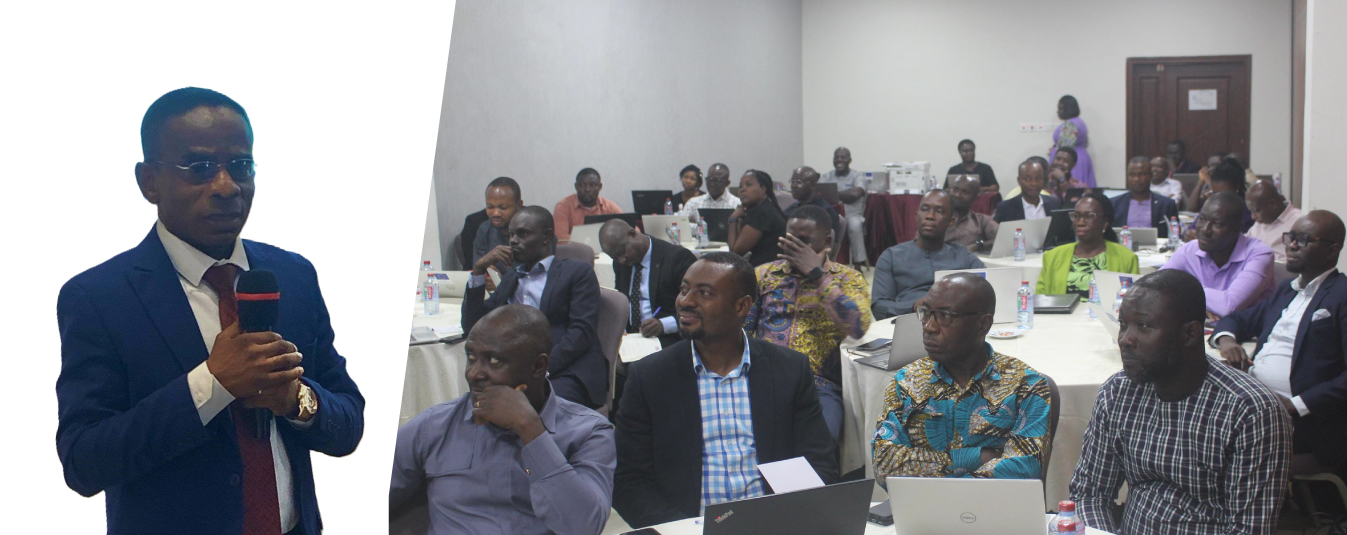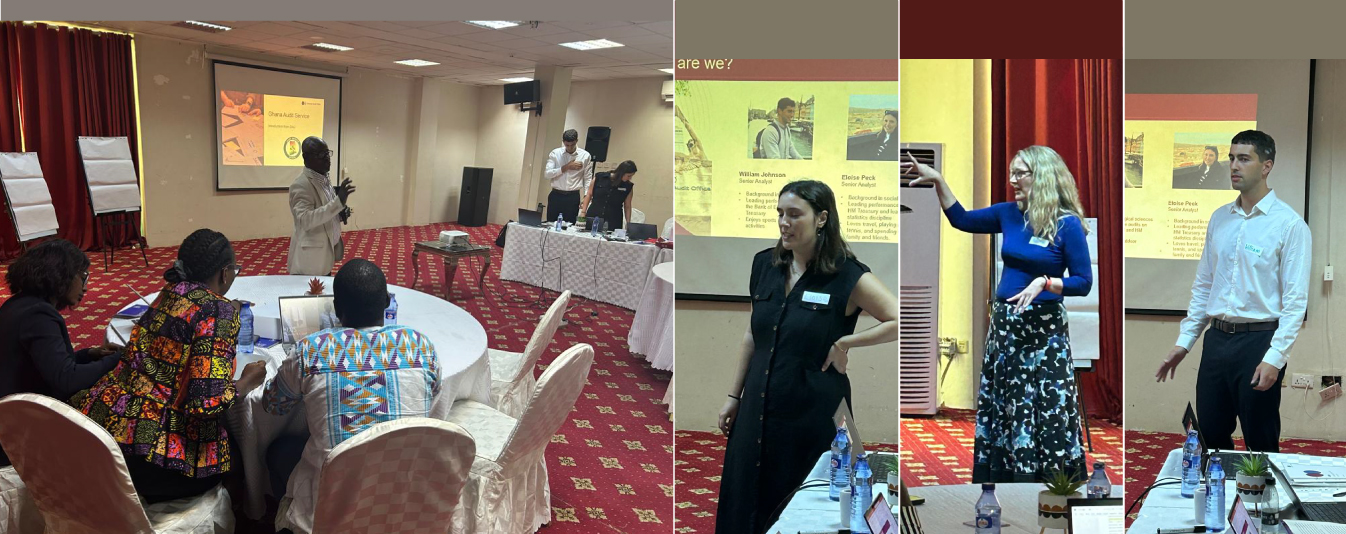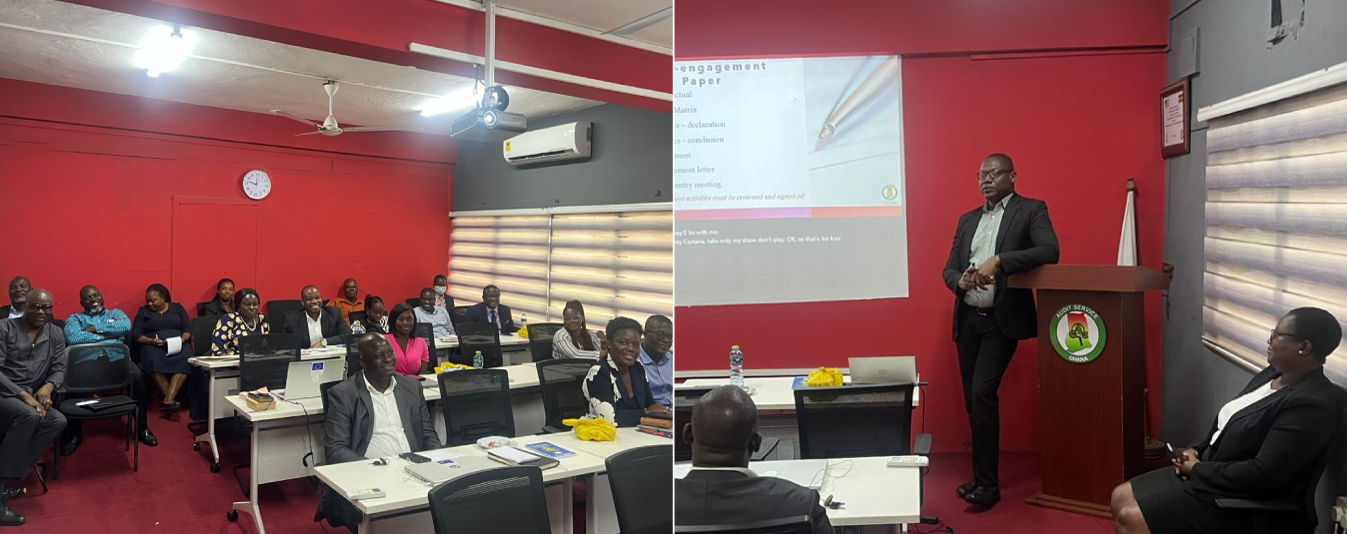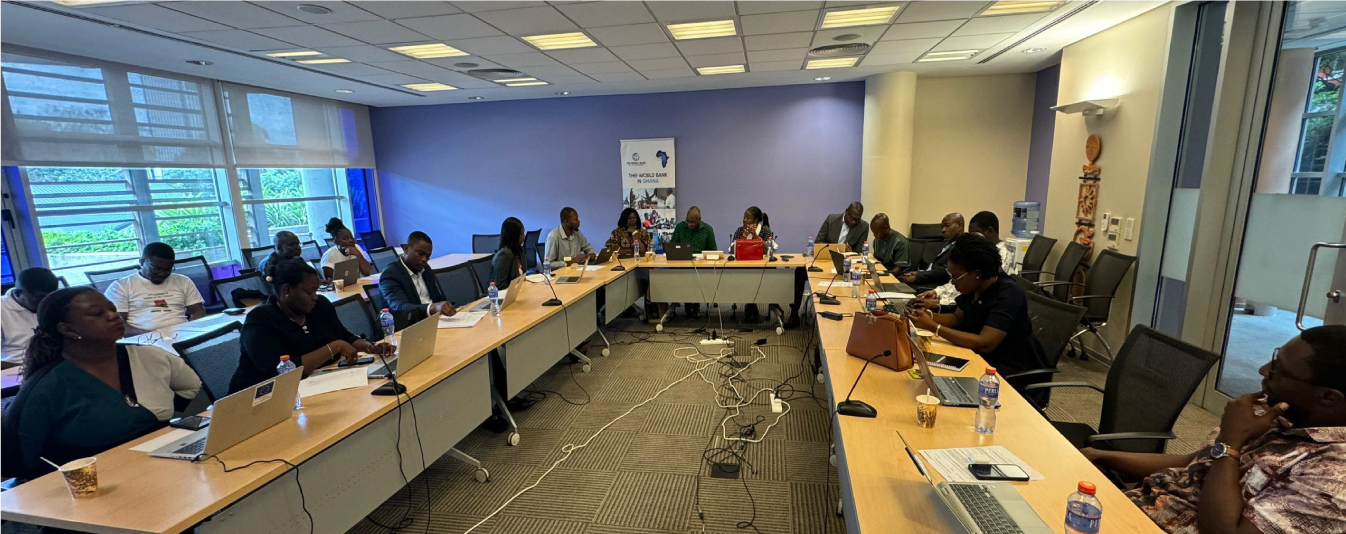Ghana has been ranked highest in budget transparency in West Africa. This was announced by SEND-Ghana during the launch of the 2021 Open Budget Survey, the world’s only independent, comparative and fact-based research.
Comparing the 2021 results with the 2019 survey results, that Ghana scored 56 per cent in the ‘2021 Survey,’ two percentage points better than the 2019 score of 54 per cent.
The researchers used 18 internationally accepted criteria to assess the public access to governments’ budget information, public participation in national budget processes and the performance of oversight institutions.
Other West African countries that took part in the survey were Liberia-45, Nigeria- 45, Sierra Leone-45, Gambia- 35, Sao Tome and Principe- 31.
The researchers attributed Ghana’s improved performance to the availability of ‘budget In-Year Reports, and pre budget statements’ which were published online and timeously.
The report recommended that the Ministry of Finance pilot mechanisms to track budget implementation, and actively engage underrepresented communities directly or through Civil Society Organisations.
On the oversight roles of Parliament and the Auditor-General (Audit Service), the Report scored Parliament 36 per cent and Audit Service 44 per cent.
Speaking at the launch of the Report in Accra, Mr. Lawrence Ayagiba, a Deputy Auditor-General in charge of Performance and Special Audits Department at the Audit Service said, the Audit Service as an oversight institution in the budgetary processes, undertakes financial, compliance and performance audits to give assurance to citizens that financial statements published by public institutions are true and fair. The Service also examines to see if these institutions’ carry out their financial operations in line with regulatory guidelines, as well as ensuring that government operations give value for money.
Mr. Ayagiba said that Service has introduced a mobile application dubbed Citizenseye to offer citizens the opportunity to engage the Service and make contributions to audit planning and execution. This he said, is critical in involving citizens in the work of the Auditor-General considering that Ghana scored 20% in public participation in the budget cycle as captured in the report.
He noted that citizens all over the country can now report suspected cases of financial malfeasance, poor service delivery and other identified acts of corruption in public institutions directly to the Auditor-General’s Office, while guaranteeing the anonymity of informants.
The report recommended to the Service to strengthen existing mechanisms for the public to contribute to audit programmes.
It also recommended that the Service should track the implementation of the audit recommendations by collaborating with the Internal Audit Agency and the various Audit Committees of the Ministries, Departments and other Agencies as well as the Metropolitan, Municipal and District Assemblies.
The report again recommended to the Service to audit government flagship programmes to improve their impact on the citizens and economic development.
The 2021 survey was conducted in 120 countries by SEND-Ghana, a Civil Society think-tank with support from the International Budget Partnership. The research evaluated the roles of the Ministry of Finance, Parliament and the Ghana Audit Service in the budget formulation, approval, implementation, monitoring, and evaluation.

